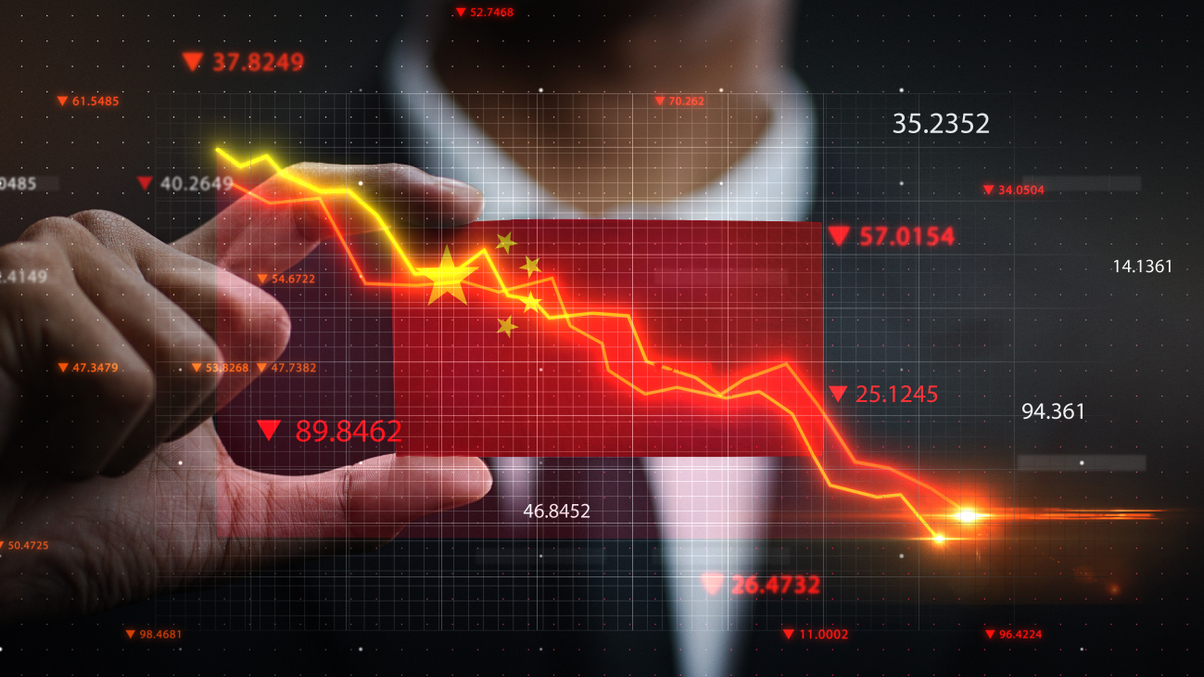China investment risk rises as US listings challenged
New, stricter rules being introduced for foreign listings in the US are just the latest in a series of policy measures being directed specifically at China.

The investment risk associated with China rose further this week, as relations between Washington and Beijing became increasingly difficult.
Sign in to read on!
Registered users get 2 free articles in 30 days.
Subscribers have full unlimited access to AsianInvestor
Not signed up? New users get 2 free articles per month, plus a 7-day unlimited free trial.
¬ Haymarket Media Limited. All rights reserved.


